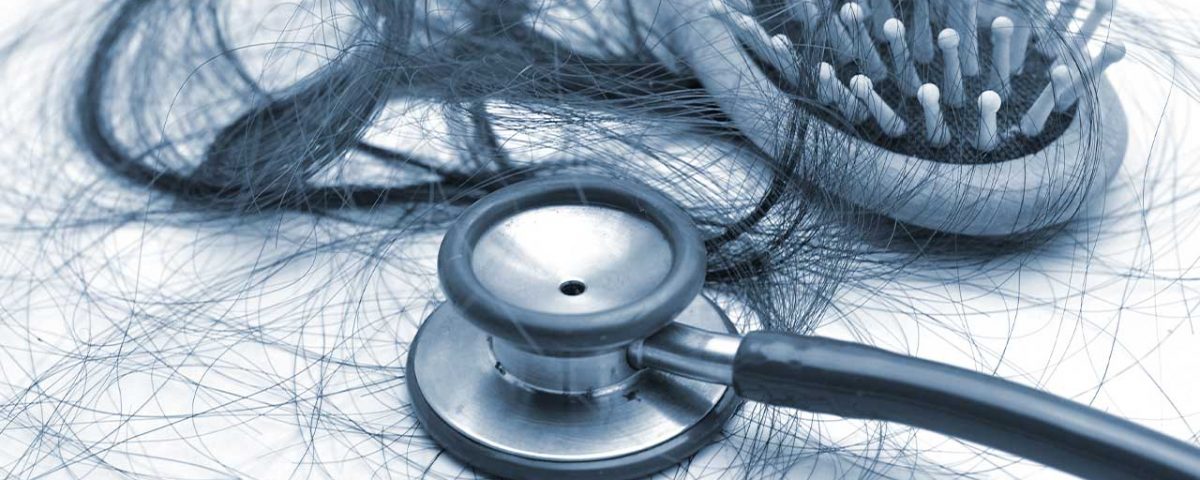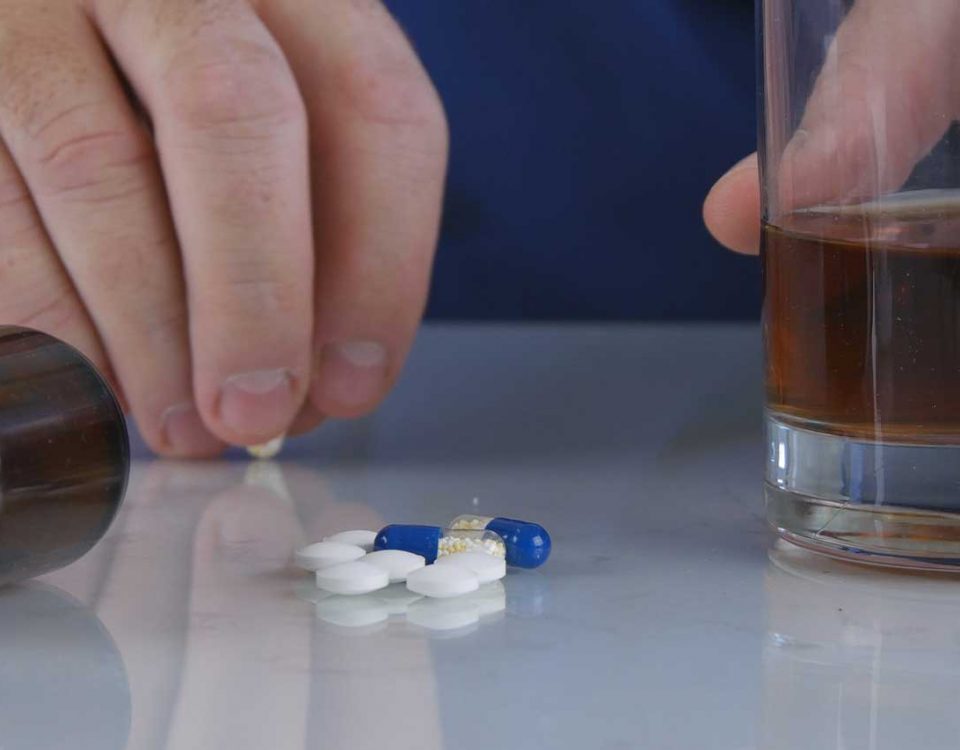Does Gabapentin Cause Hair Loss?
If we can all agree on one thing, it’s that medication side effects are unpleasant, to say the least. Although most undesirable side effects of prescription drugs affect the inner workings of the body, they can also have an impact on our physical appearance, including our hair. When it comes to taking drugs like gabapentin, some unwanted effects may occur, which have been said to include hair loss. But does gabapentin cause hair loss?
What Is Gabapentin and How Does It Work?
Gabapentin is a prescription antiepileptic and anti-seizure medication that’s taken orally to manage symptoms of seizure disorders and nerve damage from conditions like shingles and postherpetic neuralgia (PHN). Off-label uses, or those not approved by the FDA, include:
- Restless leg syndrome
- Hyperhidrosis
- Fibromyalgia
- Diabetic neuropathy
- Hot flashes
Gabapentin has been available as a generic medication in the United States since 2004 and is also sold under the brand names Horizant, Gralise, and Neurontin. Gabapentin falls into a class of medications called anticonvulsants, which decrease abnormal nerve excitement in the brain by increasing levels of an inhibitory neurotransmitter called GABA.
By decreasing excited nerve activity in the brain and body, gabapentin alleviates pain and discomfort caused by nerve pain and seizure disorders. When someone takes gabapentin, they may experience side effects like:
- Drowsiness
- Dizziness
- Loss of coordination
- Tiredness
- Fatigue
- Blurred or double vision
- Unusual eye movements
- Shaking or tremors
These are some of those undesirable side effects we mentioned earlier. If you’re taking gabapentin and experience any of these symptoms, speak to your doctor about other treatment options or adjusting your dose. Do not stop taking any medications or change your dose without consulting your doctor first.
Additionally, although the potential for gabapentin abuse and addiction is low, keep in mind that chronically misusing it can lead to dependence and possibly addiction. If you find yourself needing more of the drug to experience relief from your ailments, speak to your doctor right away.
Can Gabapentin Cause Hair Loss?
Yes, gabapentin can cause hair loss, but not in everyone. When a drug causes hair loss, it’s referred to as drug-induced hair loss or drug-induced alopecia.
Although hair loss with gabapentin is rare, it’s still possible. Gabapentin may interfere with the normal cycle of scalp hair growth in certain people, causing hair loss and inhibiting hair growth.
A 2009 letter in the Journal of Pain and Symptom Management detailed a patient’s experience with gabapentin for a “burning sensation.” After a week of taking gabapentin, she noticed significant hair loss (patchy alopecia), which concerned her more than the burning sensation.1
In a 2011 article on gabapentin and hair loss, researchers stated that “... hair loss might be a lasting effect of [gabapentin] treatment, though not listed by the company.” This article was written nearly 17 years after the medication was first released into the market.2
A 2015 study also showed that a side effect of antiepileptic drugs is hair loss.3 However, although the study referred to antiepileptic medications like gabapentin, the drug itself wasn’t part of the study. While the evidence that does exist is compelling, more research needs to be done to determine the prevalence of hair loss among gabapentin users and whether this is a more common side effect than we realize.
Will Hair Grow Back After Neurontin Use?
The good news is that researchers of the 2009 letter reported hair growth after Neurontin use. It’s suggested that in patients who didn’t stop using this medication, hair loss finally stopped, and they experienced regrowth.
Usually, drug-induced hair loss stops and is reversed when you stop using the drug. However, the length of time it takes to regrow hair after gabapentin use depends on the person.
At the end of the day, your health and safety come first, and if you’re experiencing some uncomfortable or unwanted side effects while taking medication, speak to your doctor right away. You don’t want to risk experiencing some irreversible or life-threatening problems in the future if you keep your discomfort to yourself.
Additional Risks of Gabapentin Use
Not only does gabapentin cause hair loss in some patients, but gabapentin can also cause weight gain, memory problems, and even dependence. Although gabapentin is not as addictive as drugs like methamphetamine or cocaine, taking more than the prescribed dose or mixing it with other substances increases your risk of developing addiction and experiencing an overdose.
Just because your medications are prescribed does not mean you can take them however you want. Be sure to follow your doctor’s directions when taking any prescription drugs to avoid addiction, drug interactions, and overdose.
If you’ve developed an addiction to your medication, our prescription drug addiction treatment can help. Patients in our rehab programs usually begin their recovery with medically monitored detox, which focuses on slowly weaning patients off of drugs and alcohol to prevent severe withdrawals.
Patients who detox at our Palm Springs, CA drug rehab may also receive medication (as needed) to alleviate any uncomfortable or painful withdrawal symptoms. Following detox, clients can then begin working with our counselors in individual and group settings to recover from their addictions.
Recovery from addiction is possible for everyone. To learn how our California drug treatment programs can help you or a loved one achieve sobriety, call Banyan Treatment Centers today at 888-280-4763.
Related Reading:
Does Gabapentin Affect Memory?
Can You Take Gabapentin with Oxycodone?
Sources:









